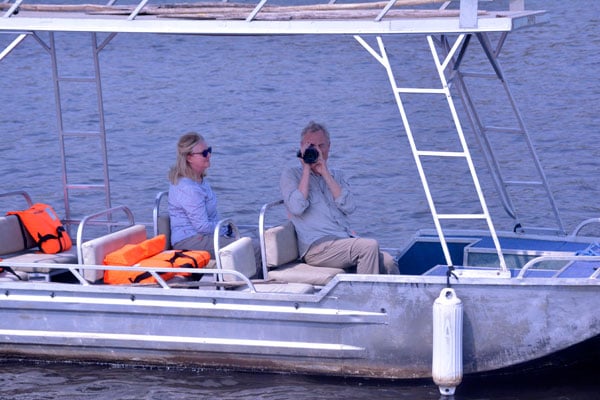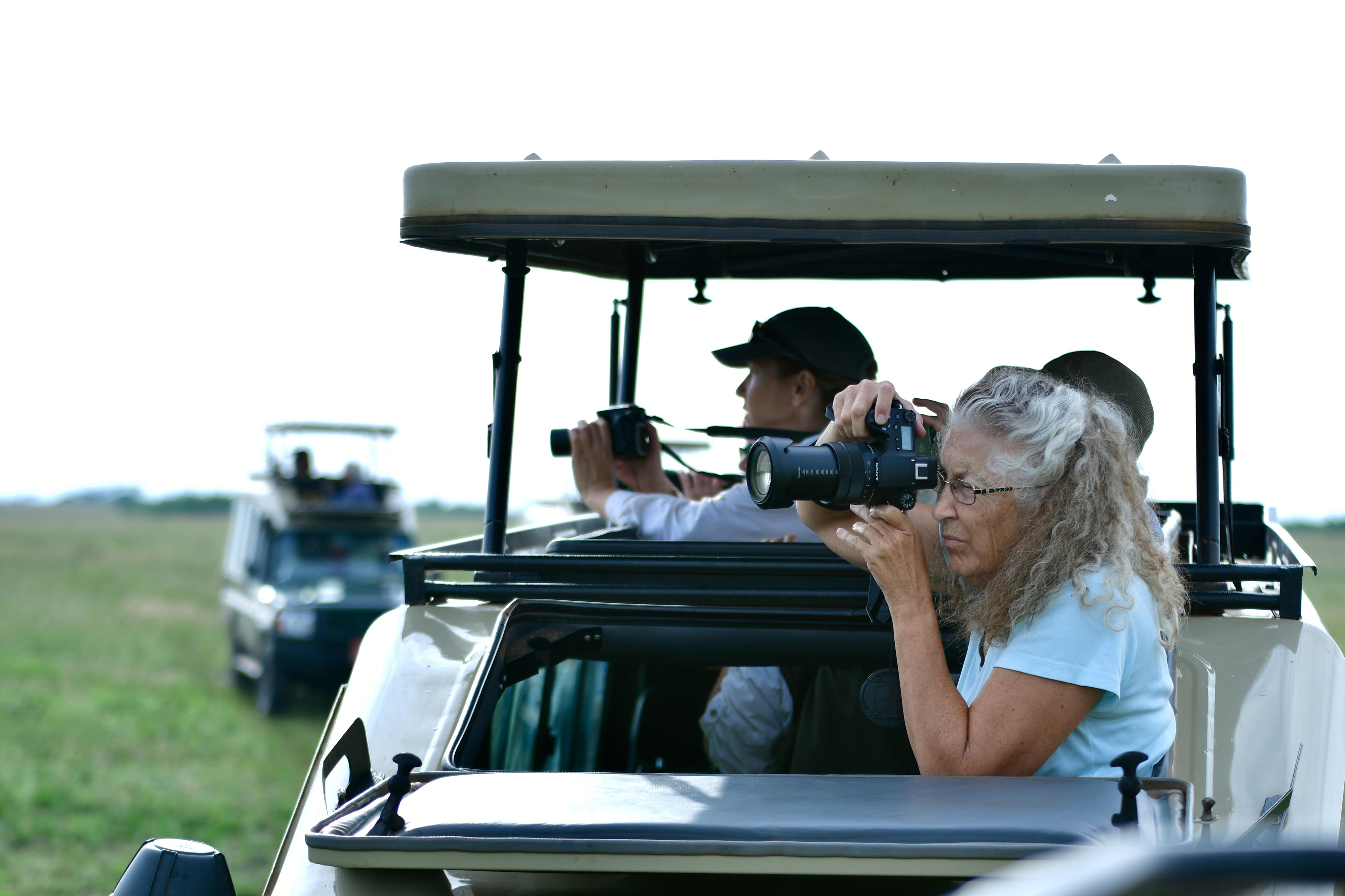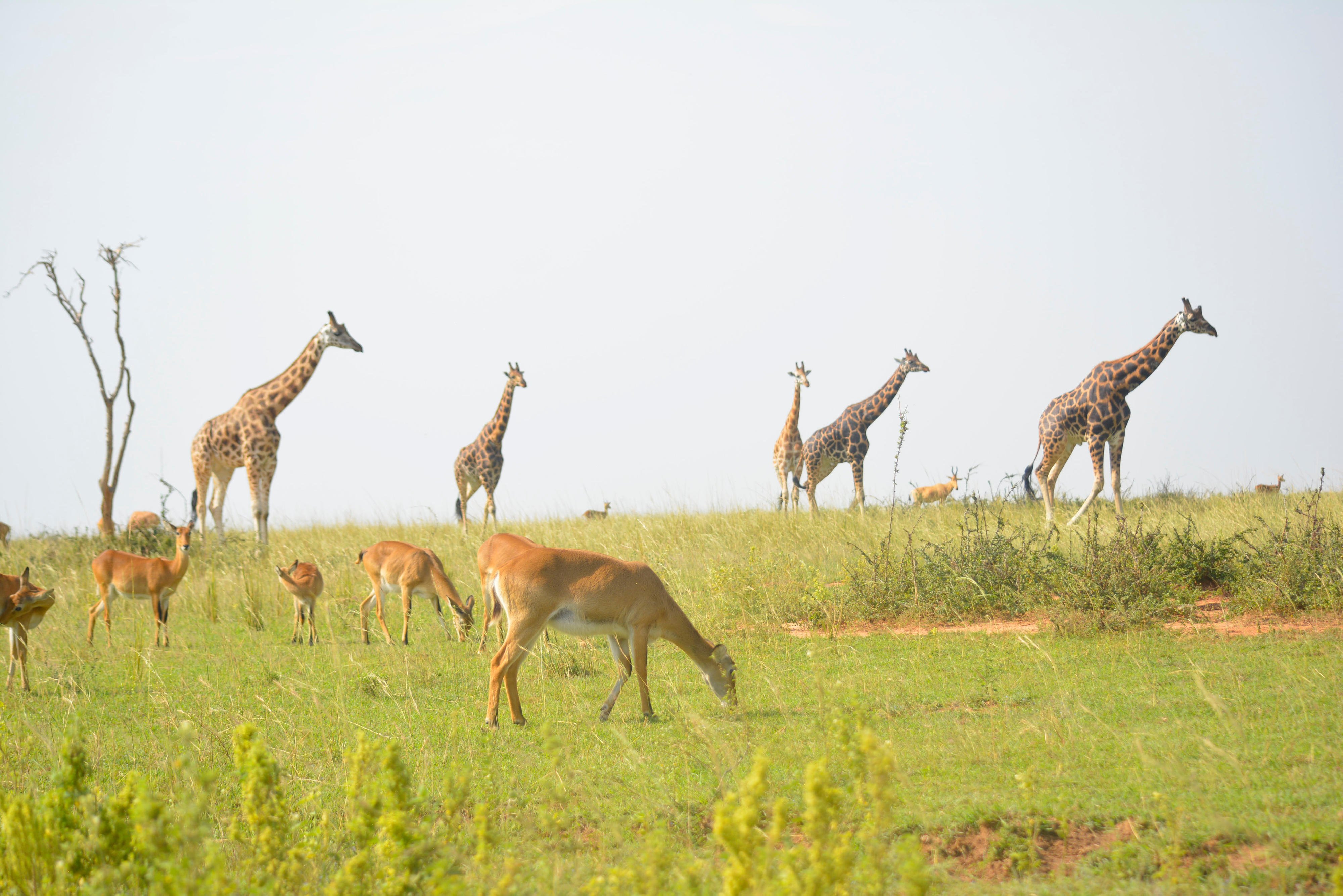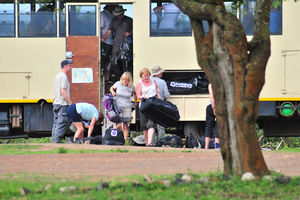
Tourists enjoy an afternoon boat ride on Victoria Nile in Murchison Falls National Park. The sector risks huge revenue drop unless taxes and levies are harmonised. Photo/ Michael Kakumirizi
Mr Aggrey Nshekanabo’s maiden client was a tax collector from the local government.
It wasn’t long before officers from Uganda Revenue Authority (URA) also showed up.
The proprietor of Naalya Motel in Kampala, vividly recalls the visit made by the local government official because it happened on the launch of the facility. Days later, another taxman from the tax body came for purposes of tax assessment and related concerns.
“I just couldn’t believe it!” he says.
He continues: “The first customer was an official from Kira Municipal Council who came purposely to ask for different levies and licences we are required to pay.”
The official who arrived at facility driving a government vehicle was not bothered about the state of business except inquiring about trading licences and so many other taxes, including property tax, levies for signposts depending on the size and many others that I cannot remember now,” Nshekanabo recounts.
Shortly after, URA officials came to check if VAT had been paid, checking Tax Identification Number (TIN) .
Uganda hosts up to 1.2 million tourists as of 2023 according to the Ministry of Tourism, Wildlife and Antiquities, but with an ambition of attracting upto 5 million visitors every year in the next five years.
The country has earned $1.025 billion of the global $1.4 trillion. Uganda, whose tourism revenue had hit $1.6 billion in 2019 was affected by Covid-19 pandemic.
Therefore, all efforts are being geared towards recovery of the industry. The recently read budget poised tourism as one of the four pillars that will support the economy.
However, industry players are worried about that the heavy burden from taxes could kill the sector as it wades through the waters to swim to recovery.
Assessment
Nshekanabo notes that municipalities tend to use presumptive taxation. For example, if a property has 10 rooms, the tax is calculated by multiplying 10 rooms by Shs 500 then by the number of days in the month.
He further explains that this amount must be paid each month and cannot be negotiated. The annual amount may change due to an inability to assess the number of occupants accurately.
In simple terms {10 days X Shs 500 X 30 days = 5000 X 30days = Shs 150,000} monthly fee.
Mr Nshekanabo is among the hoteliers and tourism industry players who are grappling with over 25 taxes and licences.
Hoteliers face several expenses, including taxes, rent, employee wages, utilities (water and electricity), and in areas without electricity, the cost of fueling generators.

These, according to players, are too much for a sector that brought the country Shs4.7 trillion ($1.28 billion) in financial year (FY) 2023 from Shs3.9 trillion ($1.07 billion) in FY 2022 in revenues according to data from the Ministry of Finance.
Although President Museveni has, on several occasions, called for a concerted effort to promote Uganda as a favourable tourism destination, all these taxes dampen their efforts.
For instance, during the Pearl of Africa Tourism Expo (POATE 2024) held in May, President Museveni urged regulators to heed the concerns of investors and tourists to improve the country’s marketing efforts. However, industry players argue that the current actions are counterproductive to this goal.
The industry tax burden ranges from 25 to 27 different types of taxes and licences.
Although industry players recognise the value of taxes for economic development, they argue that the impact of taxation on businesses struggling to recover from the Covid-19 pandemic must be carefully considered.
Ms Yogi Biriggwa, President, Uganda Tourism Association (UTA), says a good tax should also be easy to collect and comply with but for the case of hoteliers that is not the case.
“Uganda has about 23 types of central government and local council taxes, licensee fees as well as statutory contributions with others such as an in-the-works Tourism Development Levy,” she explains.
She observes that all these taxes increase the cost of doing business for investors. If they are to be borne by the business, this reduces the competitiveness of Uganda as an investment destination.
The Travel and Tourism Competitiveness Index 2019 edition, by the World Economic Forum (WEF), Uganda scored poorly on various elements of tax.
For instance, the effect of tax on incentives to invest, Uganda stood at 119th out of 140 countries; profit tax rate (corporation tax) we were 112th out of 140 countries, this points to how uncompetitive our tax regime is.
Ms Jean Byamugisha, the executive director, Uganda Hotel and Owners Association (UHOA) says the current tax structure imposed on the hospitality industry hampers development.
“For a hotel to pay 25 different types of taxes and licenses annually. It becomes difficult to make profits. Hospitality businesses struggle to break even or make profits,” she says.
The hotel and accommodation sub-sector acccording to the Annual Tourism Development performance report for the year, 2022/2023, attained occupancy rates of 46.9 percent in 2022, up from the low of 20.1 percent recorded in the year 2020. During 2022, the highest occupancy was in the Kampala region at 61.4 percent, while the Central and Western regions had the lowest occupancy rates at 33.8 percent.
“Here, Uganda becomes a very expensive destination because the final burden goes to the guest. That’s why Ugandans complain that hotels in Dubai are much cheaper than those in Uganda,” she observes.
She adds: “Some hotels were built using a loan with a 23-28 percent interest rate, on top of other overhead costs like water, NSSF, salaries; this highlights the challenges in running a hospitality business.”
Ms Birrigwa observes that it is only Rwanda that has since recovered from Covid-19 in the region. Ugandan peers such as Kenya and Tanzania are still struggling.
“Many of our members are still grappling with loan repayments, as of the end of May 2024, the tourism sector, according to the Bank of Uganda, had the highest ratio of Non-Performing Loans to total loans at 12.1 percent which is more than twice the acceptable ratio of 5 percent,” she says.
Uncalled-for taxes
Mr Nshekanabo believes taxes are essential in business, but they must be fair and legitimate.
He explains that in contrast to other countries, fewer people in Uganda file their tax returns.
This, he says, results in a burden on those who do pay, which could prevent them from reaching their fifth birthday.

A herd of kobs and giraffes feed in the savannah plains of Murchison falls National Park. PHOTO/FILE
Ms Byamugisha notes that some taxes are replicas; for example hotel tax on top of paying swimming pool license, bar license, liquor license, TV license, yet swimming pools, bars, conference halls are part of a hotel.
“We are not advocating for the removal of the taxes but harmonisation of the tax regime; rather than paying all these licenses and levies, we should be able to have all taxes incorporated,” she explains.
On the impact of taxes on the hospitality business, UHOA says that with such taxes that causes pricing to go up, some tourists have turned to Rwanda, Tanzania, and Kenya who have the same tourist features as Uganda.
“Low salaries among staff contribute to poor business performance; employees are not motivated,” she explains.
Mr Herbert Byaruhanga, the former president of Confederation of Uganda Tourism Association (COUTA), says players are still recovering from Covid-19 effects.
He explains that hoteliers are struggling with bad press on killing of tourists in national parks, Ebola, high taxes on top of poor marketing by the government.
“If there was growth, we wouldn’t have challenges in paying tax, but business is still low,” he says.
Adding; “SMEs need nurturing and conducive environments to grow before taxation comes in.”
Mr Byaruhaga says that the sector is bleeding where any small income goes to the taxes and licences.
“For any tourist that comes into the country, the largest amount goes to the government in terms of tracking permits; hotels are taxed and even tour operators and guides are taxed, how do you expect growth?,” he wonders.
Government’s take
Mr Vivian Lyazi, commissioner for tourism development, says the taxes that are levied on tourism enterprises are the same taxes levied on any other business like VAT among others.
He explains that hoteliers are complaining about the licences; some of which have had duplicities.
“We have been engaging with relevant organisations like the Ministry of Local Government, Ministry of Finance to try and address these issues; under our business licencing reforms quite a number of licences have been merged or dropped,” he says.
Mr Lyazi observes that all these licences and taxes are springing out of different legislations for instance local government from its ordinances and LGs should be engaged.
“We have had discussions with the Private Sector Development Unit at the Finance Ministry and they are conducting a study on harmonisation of taxes to what will be forwarded in the next Finance Bill for harmonisation,” he said.
Mr Bradford Ochieng, the deputy chief executive officer at UTB admits that there are over 20 plus taxes in the hospitality industry and they do have an impact on competitiveness.




